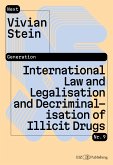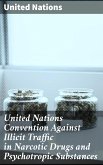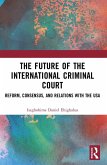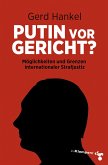The three UN drug conventions comprehensively and almost universally regulate the dealing with illicit drugs worldwide. Although the treaties are prohibitive, more and more member states seek to liberalise their national drug policies and implement depenalisation, decriminalisation or even legalisation schemes. The article explores member states’ possibilities and limitations under the current treaty framework by giving an overview of their obligations, contractual exceptions and means under general public international law.
Bitte wählen Sie Ihr Anliegen aus.
Rechnungen
Retourenschein anfordern
Bestellstatus
Storno









